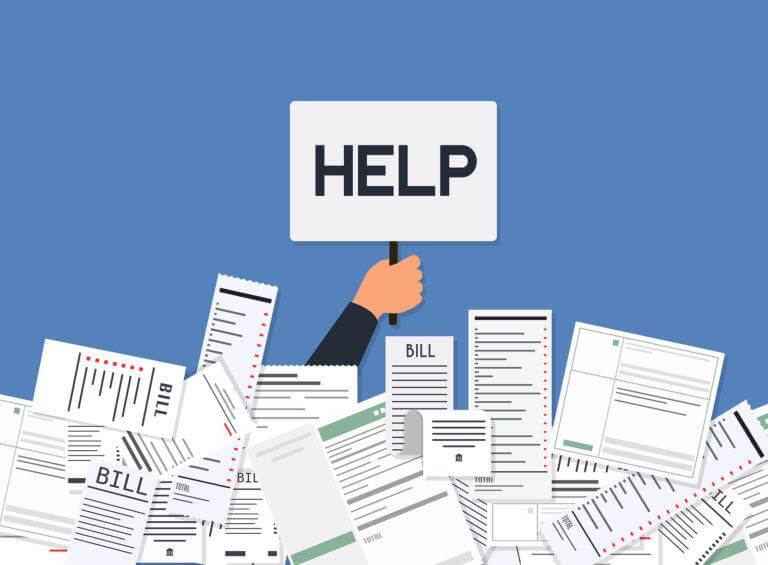
Those blasted credit card bills just keep piling in, with no relief in sight. Bill paying is time consuming, and because of those high interest rates, you’re losing money. What to do? Well, if you’ve tamped down your spending, you can consolidate that debt. Which might lead you to ask, Where can I find debt consolidation near me? Read on for that answer and more.
What is Debt Consolidation?
Essentially, debt consolidation is a financial strategy wherein you roll your debts into a single monthly payment, hopefully with a better interest rate than what you’re paying aggregately on current debt. This saves you money and streamlines payments, since you only have one to keep track of. It can also help your credit since there’s less chance of you making a late payment or, horrors, missing a payment entirely.
Is it a Good Idea?
The rub is that you do need “good” credit, at minimum, for a consolidation loan or transfer card (more on those later). Consolidation doesn’t make much sense if you can’t get a cheaper rate. It’s also not feasible if you’re still running up debt. That’s the last thing you want to do with a new account, since such spending could lead to even worse problems.
How Can I Consolidate My Debt?
You can consolidate your debt several ways, but the most popular are via a personal loan, balance transfer card or cash-out refinance. It all depends on your situation.
Consolidation Through Personal Loan
You can apply for a consolidation loan, which is a personal loan, through a bank, credit union or online lender. The way credit unions are structured generally make them more lenient, eligibility-wise. If you’re in good standing with your bank, you should apply there, too. The good thing about online lenders is that they can “pre-qualify” you with just a soft credit pull. While pre-qualification is not an approval, it does give you some idea of what kind of rate you can get. Make sure you shop around. In fact, you can run a search for debt consolidation companies near me.
Also, because consolidation loan terms range from 24 to 72 months, you could clear your debts faster than you could through minimum payments. What’s more, such loans are usually fixed rate, meaning your rate will remain the same unless you miss payments. You may have to pay for loan processing, called origination fees. These often range from between 1% and 6% of the total loan, although some lenders forego them.
Consolidation Through Balance Transfer
Periodically, credit card companies issue balance transfer cards. These high-limit cards offer rates as low as 0% for an introductory or promotional period – a year or more. You can transfer your high-interest debt onto this card and just deal with that one, smaller monthly payment. You’ll just have to be certain you can pay the card off before the promotional rate expires and the old, higher rate kicks back in.
You’ll need good credit to nab one of these cards, though. You should also be aware of transfer fees, which are around 3% to 5% of the original balance.
Cash-Out Refinance
If you own your home, you could execute a cash-out refinance to erase your current credit card debt at a lower interest rate and have increased time to pay it off. If you go this route, all you must do is refi your home loan and take out more cash than you owe on your mortgage. That way, you can use the extra funds to consolidate your obligations. Terms are typically five, 15 or 30 years in duration and you’re likely to get a good interest rate. Why? Because your house is attached to your mortgage, and if you miss payments, you could lose your home.
When considering nearby debt consolidation, you need to know which strategy under that umbrella is right for you. Line up your situation against your options and make your best choice.

Founder Dinis Guarda
IntelligentHQ Your New Business Network.
IntelligentHQ is a Business network and an expert source for finance, capital markets and intelligence for thousands of global business professionals, startups, and companies.
We exist at the point of intersection between technology, social media, finance and innovation.
IntelligentHQ leverages innovation and scale of social digital technology, analytics, news, and distribution to create an unparalleled, full digital medium and social business networks spectrum.
IntelligentHQ is working hard, to become a trusted, and indispensable source of business news and analytics, within financial services and its associated supply chains and ecosystems






























